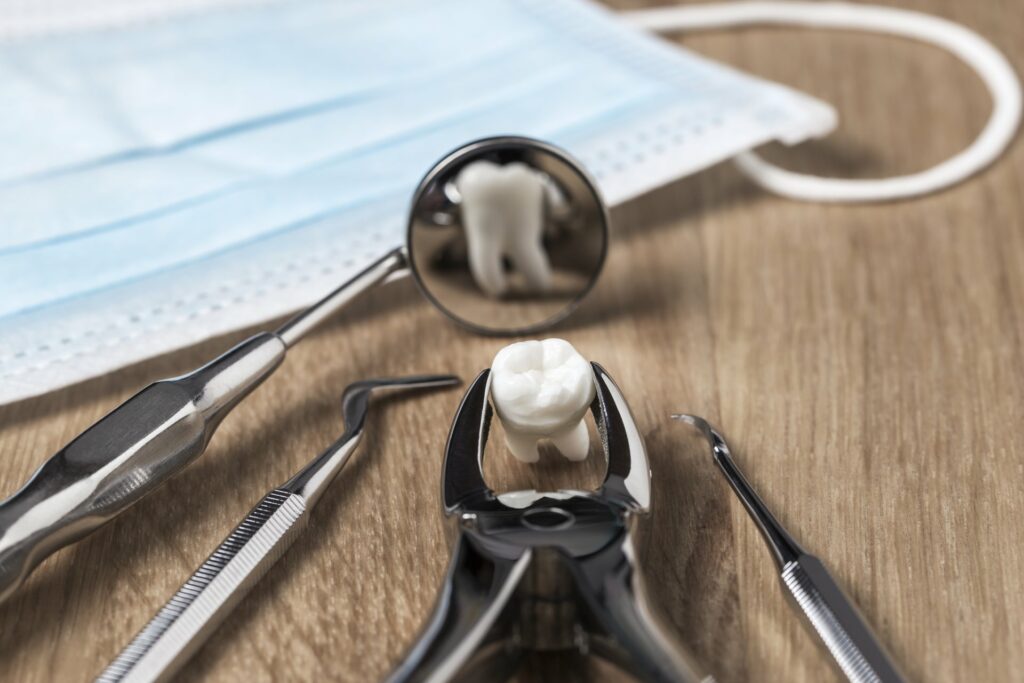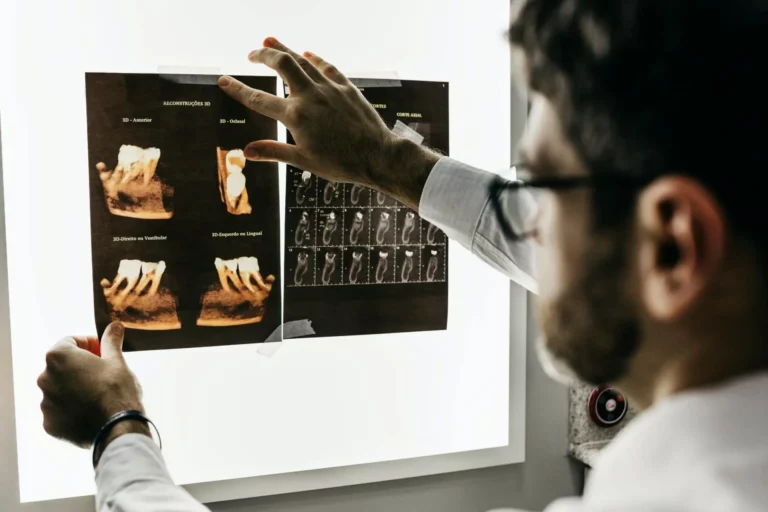- Fill all prescribed medication at least 24 hours prior to surgery. If you have misplaced your prescriptions contact the office immediately. Please allow 24 hours for prescriptions to be called in to your pharmacy.
- Please remember to take your antibiotic 1 hour prior to surgery. Follow the instructions on the label. If you have any questions, please contact the office.
- Routine medications can be taken, but please confirm this with the doctor prior to your surgery day. If you are taking medications, please bring the prescription bottles with you.
- If your health changes or your develop a cold, flu, or any other ailment during the week before surgery, please notify us immediately.
- Please do not wear contact lenses, make up or nail polish on the day of surgery. Wear loose fitting clothes, short sleeve shirt with an open neck.
- Please notify us immediately if you suspect that you are pregnant.
- Consult with your medication specialist for more instructions. Click here for medication instructions.
- For IV Sedation Patients ONLY: Please DO NOT eat or drink anything, not even water, 6 hours before your scheduled surgery time. You may take your prescribed antibiotics with up to ½ glass of water.
- For Oral Sedation Patients ONLY: Please bring the prescribed sedative in the prescription bottle. DO NOT take the medication until instructed by the clinical staff.
- You must have someone drive you to and from the office. Please have your driver remain in the office while you are undergoing treatment.
- Your judgment and reflexes may be impaired following sedation or anesthetic. Although you may feel fully alert, you should not operate a vehicle, power tools, or any machinery for 24 hours following your procedure.
- Make arrangements for an adult to be present with you the remainder of the day.

- The gauze pad placed over the surgical area should be kept in place for a half hour. After this time, the gauze pad should be removed and replaced with a new moist gauze pad, if there is any bleeding.
- There will be a hole where the tooth was removed. The hole will gradually fill in with new tissue over the next month. In the meantime, the area should be kept clean especially after meals with salt-water rinses or a toothbrush.
- Vigorous mouth rinsing or touching the wound area following surgery should be avoided. This may initiate bleeding by causing the blood clot that has formed to become dislodged.
Before the local anesthetic subsides (about 60 minutes), take the pain medication prescribed as directed along with Motrin (they work well together). The prescribed pain medicine will make you groggy and will slow down your reflexes. Do not drive an automobile or work around heavy machinery. Avoid alcoholic beverages.
- Place ice packs to the sides of your face where surgery was performed. Refer to the section on Swelling for an explanation.
CAUTION: If you suddenly sit up or stand from a lying position, you may become dizzy. If you are lying down following surgery, make sure you sit for one minute before standing.
A certain amount of bleeding is to be expected following surgery. Slight bleeding, oozing, or redness in the saliva is not uncommon. Excessive bleeding may be controlled by, placing a moist gauze pad over the area and biting firmly for 30 minutes. Repeat if necessary. If bleeding continues, bite on a moistened tea bag for 30 minutes. The tannic acid in the tea bag helps to form a clot by contracting bleeding vessels. To minimize further bleeding, do not become excited, sit upright, and avoid exercise. If bleeding does not subside, call for further instructions.

- If numbness of the lip, chin, or tongue occurs there is no cause for alarm. As stated before surgery, this is usually temporary in nature. You should be aware that if your lip or tongue is numb, you could bite it and not feel the sensation. Be careful. Call our office if you have any questions.
- A slight elevation of temperature immediately following surgery is not uncommon. If the temperature persists, notify the office.
- Occasionally, patients may feel hard projections in the mouth with their tongue. They are not roots; they are the bony walls, which supported the tooth. These projections usually smooth out spontaneously. If not, they can be removed by the doctor.
- Sore throats and pain when swallowing are not uncommon. The muscles get swollen. This will subside in two to three days.
- Stiffness (trismus) of the jaw muscles may cause difficulty in opening your mouth for a few days following surgery. This is a normal post-operative event that will resolve in time.
- Sutures may be placed in the area of surgery to minimize post-operative bleeding and to help healing. Sometimes they become dislodged. This is no cause for alarm. Just remove the suture from your mouth and discard it. The sutures will dissolve anywhere between a few days and a week after surgery.

